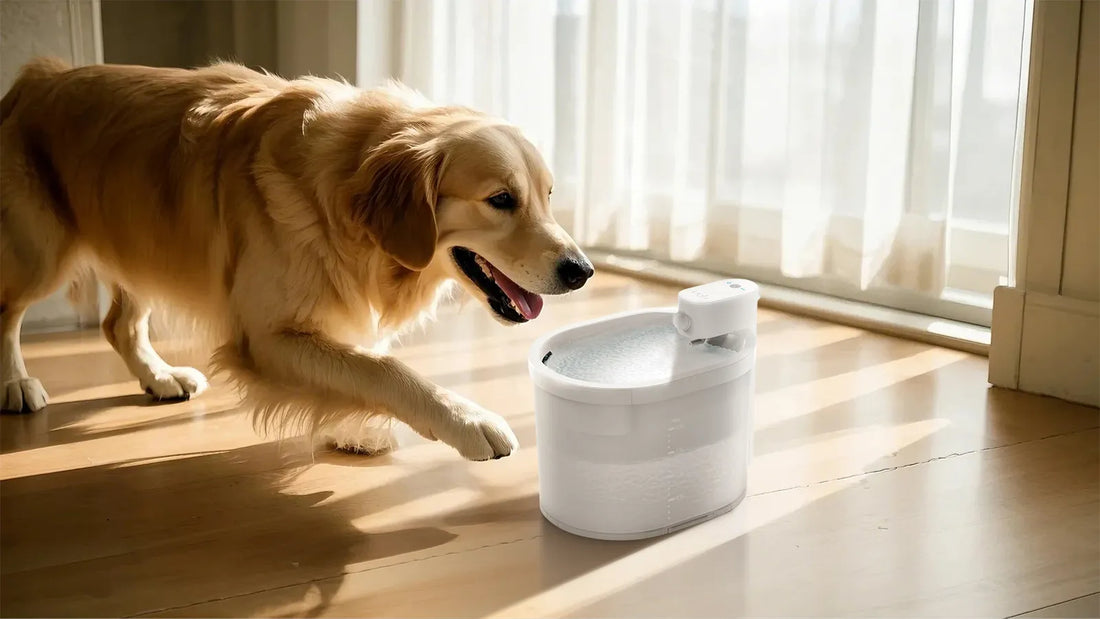Cats are resilient creatures, but their survival without food or water is limited. Understanding the factors that influence their endurance can help pet owners make informed decisions during emergencies. This article explores the science behind a cat's survival, the risks involved, and practical steps to ensure their well-being.
The Science of Survival: How Long Can a Cat Go Without Food?
Cats, like all living beings, require nutrients and hydration to function. Without food, a cat's body begins to use stored energy reserves. Typically, a healthy cat can survive without food for about 1 to 2 weeks. However, this timeframe varies depending on factors such as age, health, and environmental conditions.
During the first 24 hours without food, a cat's body starts breaking down glycogen stores in the liver for energy. After these reserves are depleted, the body turns to fat and muscle for sustenance. Prolonged starvation can lead to severe health complications, including organ failure and weakened immunity.
The Critical Role of Water: How Long Can a Cat Survive Without It?
Water is even more critical than food for a cat's survival. While a cat can go without food for days, dehydration can become life-threatening within 3 to 4 days. Water is essential for maintaining bodily functions, including circulation, digestion, and temperature regulation.
Dehydration can lead to serious health issues such as kidney failure, urinary tract problems, and even death. Signs of dehydration in cats include lethargy, dry gums, and sunken eyes. Immediate veterinary attention is crucial if these symptoms are observed.
Factors That Influence a Cat's Survival
Several factors determine how long a cat can live without food or water:
- Age: Kittens and senior cats are more vulnerable due to their weaker immune systems.
- Health: Pre-existing conditions like diabetes or kidney disease can shorten survival time.
- Environment: Extreme temperatures can accelerate dehydration and exhaustion.
- Activity Level: Highly active cats may deplete their energy reserves faster.
The Risks of Prolonged Deprivation
Prolonged lack of food and water can have devastating effects on a cat's health. Starvation weakens the immune system, making the cat susceptible to infections. Dehydration can cause irreversible damage to vital organs, particularly the kidneys.
Additionally, cats deprived of food may develop hepatic lipidosis, a severe liver condition that can be fatal if not treated promptly. This underscores the importance of providing timely care and intervention.
What to Do If Your Cat Refuses to Eat or Drink
If your cat stops eating or drinking, it's essential to act quickly. Here are some steps to take:
- Monitor Behavior: Observe your cat for signs of illness or distress.
- Offer Alternatives: Try different types of food or water sources to entice them.
- Seek Veterinary Help: Consult a veterinarian if the refusal persists for more than 24 hours.
Early intervention can prevent complications and ensure your cat's health is restored.
Preventive Measures to Ensure Your Cat's Well-Being
Prevention is always better than cure. Here are some tips to keep your cat healthy and hydrated:
- Provide Fresh Water: Ensure your cat has access to clean water at all times.
- Balanced Diet: Offer a nutritious diet tailored to your cat's needs.
- Regular Check-ups: Schedule routine veterinary visits to monitor their health.
- Safe Environment: Keep your cat in a stress-free and comfortable setting.
By taking these steps, you can minimize the risk of your cat facing life-threatening situations.
Understanding how long a cat can live without food or water is crucial for every pet owner. While cats are resilient, their survival depends on timely care and attention. By staying informed and proactive, you can ensure your feline companion remains healthy and happy for years to come.

![[🎃Halloween Sale]UAHPET Stainless Steel Self-Cleaning Cat Litter Box](http://www.uahpet.com/cdn/shop/files/1-cat-litter-box.jpg?v=1761890851&width=1600)












